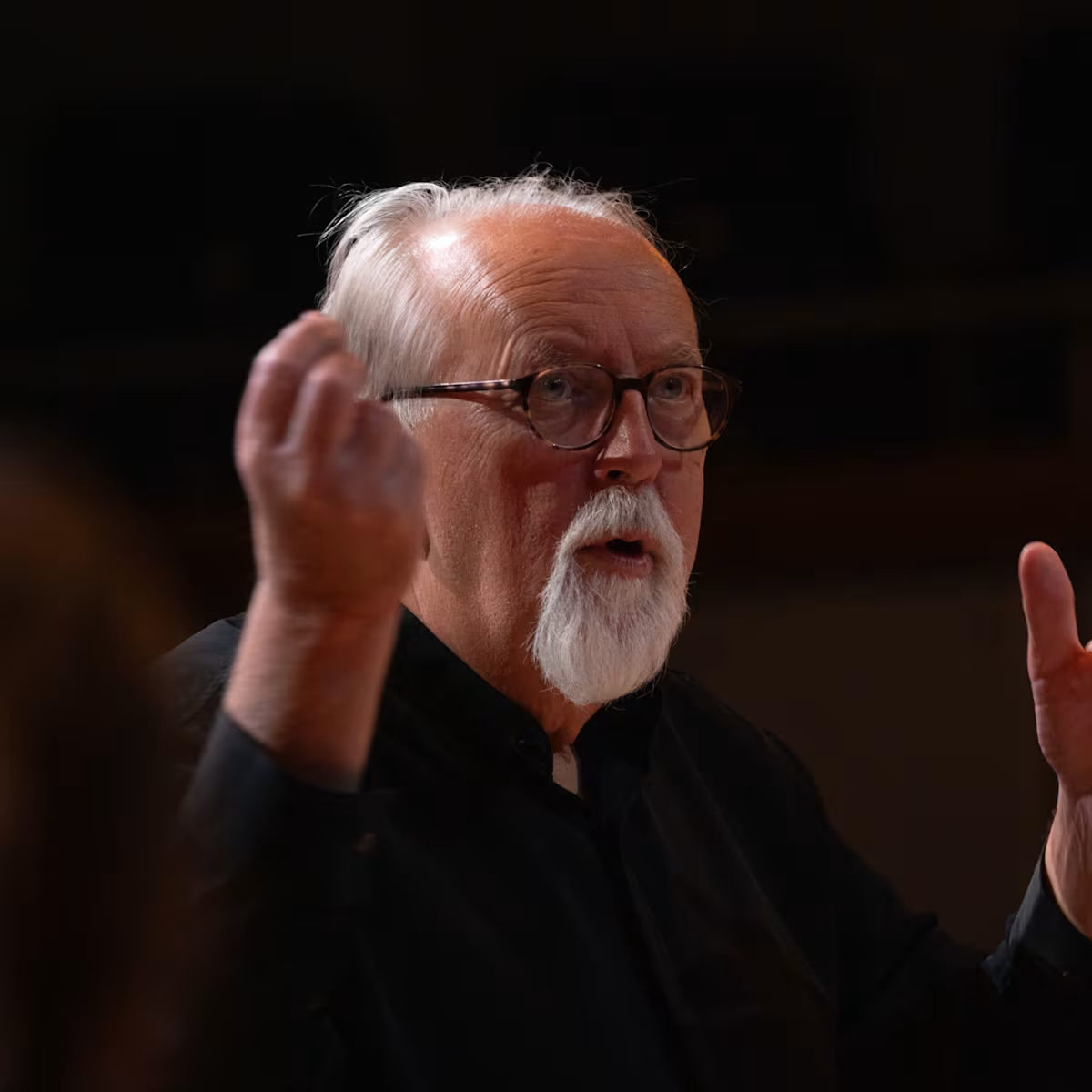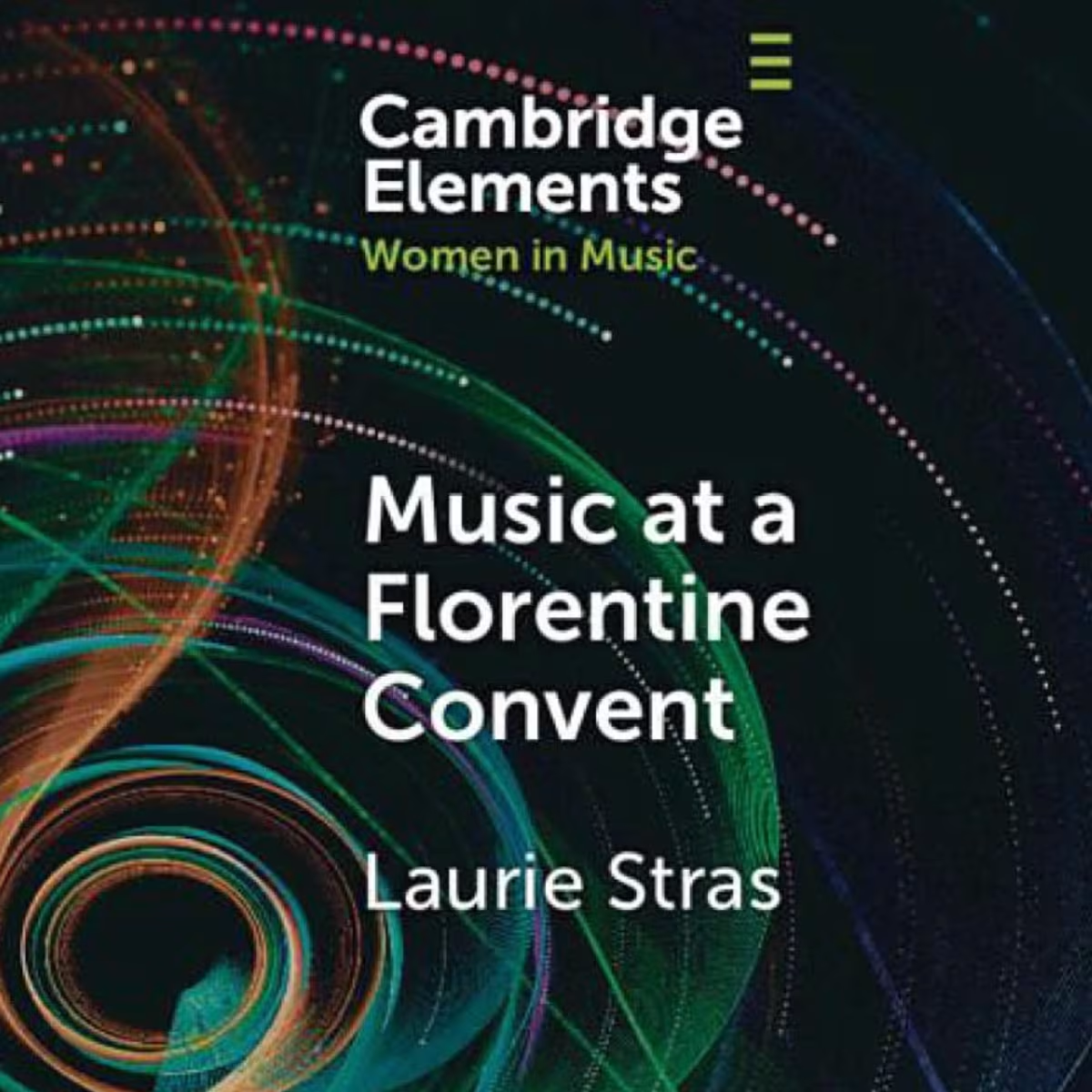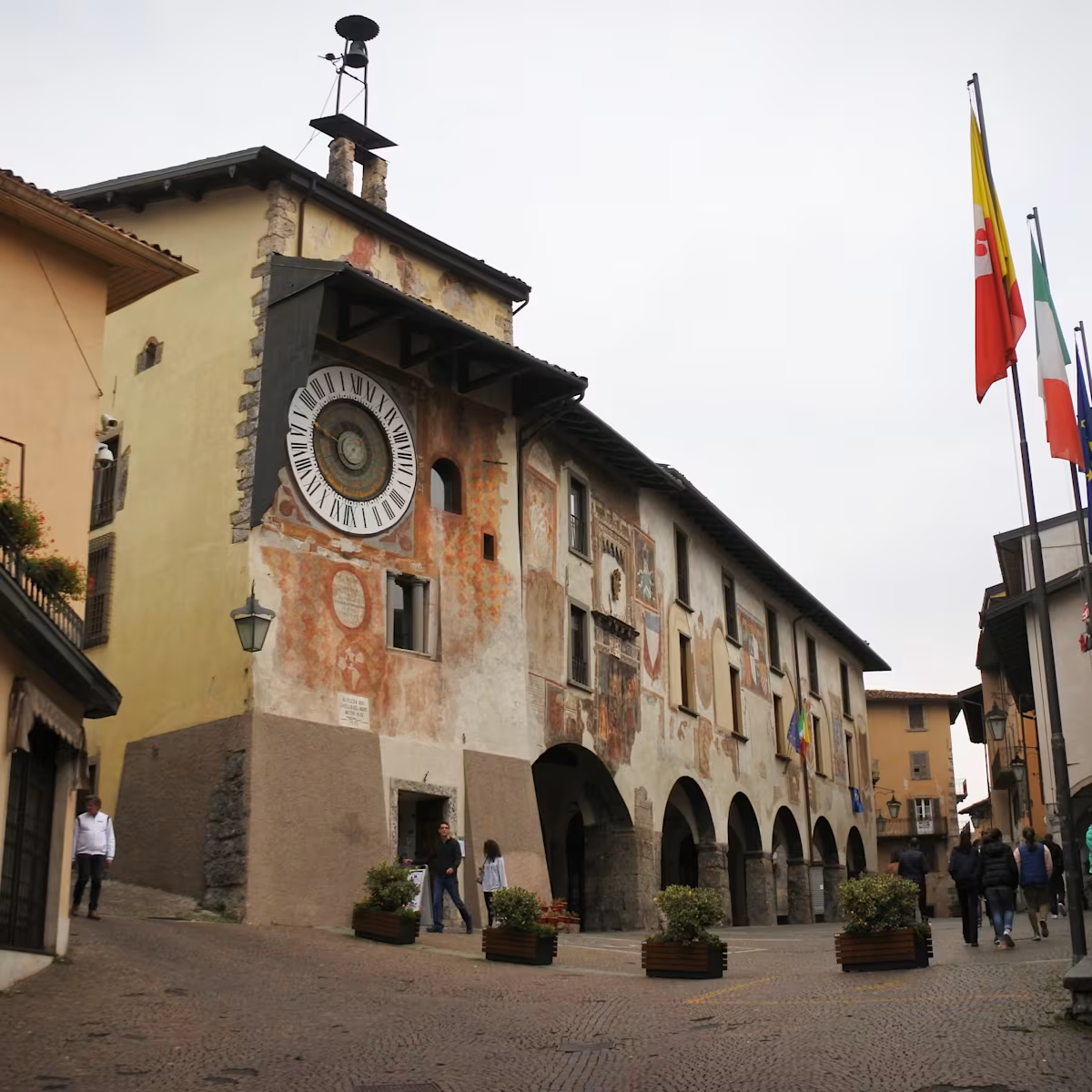Feature
Firebrand
The Queen's Gambit - a film and its music
Share this

Tamsin Lewis is a musician and historian, with a particular interest in the early modern period. She also directs the early music ensemble Passamezzo, and has written, arranged, directed and played music for film and theatre productions. Here she tells us about her involvement with Firebrand (Passamezzo provided the on-set early music), and how to teach the virginals to a film star.
Firebrand is a 2023 British historical drama film directed by Karim Aïnouz from a screenplay by Henrietta Ashworth and Jessica Ashworth, based on the 2013 novel Queen's Gambit by Elizabeth Fremantle. The film focuses on Katherine Parr, the sixth and final wife of Henry VIII. It stars Alicia Vikanderm and Jude Law.
In blood-soaked Tudor England, Katherine Parr, the sixth and last wife of King Henry VIII, is named Regent while tyrant Henry is fighting overseas. Katherine has done everything she can to push for a new future based on her radical Protestant beliefs. When an increasingly ailing and paranoid King returns, he turns his fury on the radicals, charging Katherine's childhood friend with treason and burns her at the stake. Horrified and grieving, but forced to deny it, Katherine finds herself fighting for her own survival.
Like many other early musicians, I have provided music of various sorts for a number of historical dramas. Whether the music itself is period appropriate depends on the wishes of the director - if they're not interested in accuracy or feel that something else fits their vision better, there's no point in arguing. (In the past, I have been asked to rewrite 16th-century music to make it sound more like the Pogues…)
Firebrand was a lovely production to work on. Filmed in the first half of 2022 in and around Haddon Hall in Derbyshire, it involved a number of historical experts being brought in, from costumes to etiquette, liturgy, and (in my case) music.
My involvement started with a phone call asking if I could find recorder and virginals teachers for an actor who wanted to play his own music. Before I was allowed to know more, I was asked to sign a nondisclosure form. Once I had done this, I was told that it was for a film adaptation of a book by Elizabeth Fremantle about Henry VIII and his sixth wife, Katherine Parr. Jude Law was playing Henry VIII, and they wanted him to play "Pastime with Good Company."

Jude had never played the virginals before, although he had had a few piano lessons some time in the past, but he worked incredibly hard and was keen to get into the role of Henry VIII and to know more about the role that music played at his court. I created a simplified version of "Pastime" for him, and within two months (one or two 2-hour lessons most weeks, depending on other aspects of the rehearsal schedule, and a lot of practice between), he was able to play his part confidently and to sing along at the same time. I contacted Andrew Wooderson, who provided an exquisitely painted and period-appropriate instrument for Jude to play. For the scene itself, we added in lutes, viol, flute, and rebec, and had the rest of the cast join in on the second verse in parts. Catherine Groom taught him to play the recorder for another scene.
Although they had a composer (Dickon Hinchcliffe) to create atmospheric new music as part of the background soundtrack for "Firebrand," the director Karim Ainouz wanted period music for the 12 scenes that included music, song, or dance. "Pastime" was chosen before I came on board, but for the other scenes, I was asked to collaborate with the creative team to provide music that was suitable for the English Court in 1546-7. Once I had an idea of the mood and setting of a scene (which ranged from intimate scenes with a solo lute or voice through to chapel scenes, lavish feasts, and rowdy May Day celebrations), I sent a selection of appropriate pieces for the director to choose from. We ended up with a good range of music: pieces from the two best-known Henrician manuscript sources ('Henry VIII's Songbook' BL Add 31922 and BL Royal Appendix 58), dance music from Attaignant, a song by Claudin de Sermisy, a madrigal by Arcadelt, and the Agnus Dei from Isaac's Missa La Spagna.
I was then responsible for bringing in musicians to play on set (David Hatcher, Nicholas Perry, Robin Jeffrey, Arngeir Hauksson, Richard de Winter, Laurence Williams, Edward Boreham, Lewis Spring, Ibi Aziz, Sam Brown), all of whom had to be male and of a size to fit the green and white musicians' costumes that had already been hired by the costume department. I also taught the actor playing Henry VIII's fool, Will Somers, to play the rebec and coached the cast and extras on songs. Some of the music was recorded live on set, while other pieces were recorded in studio pre- or post-production (Sarah Stowe, Harry Buckoke and Paul Baker joined us for this) to allow for dubbing into other languages.
Having previously worked on the music for Becoming Elizabeth, I can now say that I have taught music to both Henry VIII and Elizabeth I. I hope that others enjoy watching the film as much as I enjoyed working on it.
Firebrand was released in cinemas in the UK on 6 September 2024.
Share this
Keep reading

Jeffrey Skidmore: Made in the Midlands
As he approaches his 75th birthday, Jeffrey Skidmore reflects on a career that has shaped musical life in Britain in distinctive ways.

Music at a Florentine Convent
Discovered by Professor Laurie Stras, the Biffoli-Sostegni manuscript is the only volume of 16th-century polyphony with a secure provenance in a female convent.

Legrenzi: A forgotten genius full of surprises
In the town of his birth, the Musica Mirabilis ‘Giovanni Legrenzi’ Festival revives the legacy of a composer who links Renaissance polyphony with Baroque drama.



